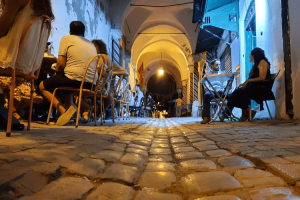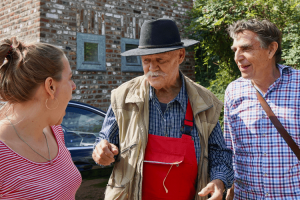The word “authentic” can be used in the tourism context, but it is important to understand why it causes confusion.

What Does “Authentic” Mean — and Why Does It Matter?
Read More...
Tourism is often packaged as “pristine” and “perfect” — a way to “escape” reality. But there isn’t a place or experience that actually fits this “perfect” definition. Life is inherently messy, but that’s also what makes it interesting and rich. Instead of hiding behind a sanitized story, the tourism industry needs to embrace the diversity and complexity that is woven into the fabric of life. Adopting responsible storytelling practices is less destructive and far more powerful than presenting the world as a two-dimensional destination.

The word “authentic” can be used in the tourism context, but it is important to understand why it causes confusion.
Read More...

Being open and honest about business operations is increasingly expected by consumers and one way companies can hold themselves accountable.
Read More...

The very best stories steer clear of too much data and lean into shared human values told with a memorable flair instead.
Read More...

In tourism, the customer journey and traveler journey are two different phases, but both are enhanced when storytelling connects them.
Read More...

It is easy to fall into tired travel content creation habits, but doing so makes every destination look like every other destination.
Read More...

We all carry bias and perceptions that we aren’t aware of or don’t recognize, and we need to learn how to navigate this when telling stories.
Read More...
Page [tcb_pagination_current_page] of [tcb_pagination_total_pages]

Don't miss out!
Monthly Rooted newsletter highlights: